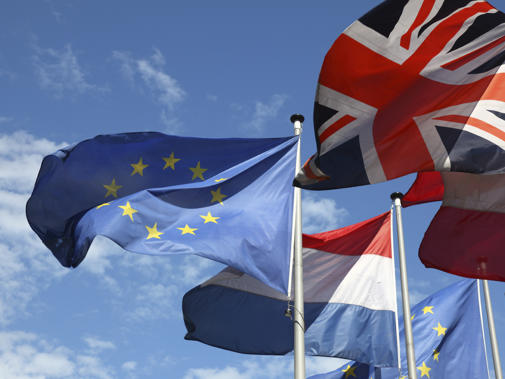Tom Black, chair of BMA Northern Ireland, writes in a letter to David Frost that, ‘we fear the unprecedented nature of these hugely complex trade negotiations, taking place during a global pandemic and working to an incredibly challenging deadline, could result in the transition period ending without a negotiated deal being agreed’.
It comes a few weeks after the Government has said it will not extend the transition period following the withdrawal from the EU beyond the end of the year, even though COVID-19 has had a huge effect on the progress of negotiations.
Devastation
Dr Black says that, even pre-pandemic, a no-deal exit would have been catastrophic. Now, as doctors have to deal with a massive backlog of non-COVID work, and the threat of a second wave of infections, the effects ‘simply cannot be countenanced’.
There should be targeted actions to ensure continuity of services and the upholding of patient safety, he writes. These include a secure and consistent supply of medicines and medical devices, radioisotopes and the mutual recognition of qualifications between the UK and EU to avoid onerous and unnecessary registration processes for medical professionals.
Medical security
Dr Black cites the lifesaving initiatives which rely on mutual recognition, such as the All-Island Congenital Heart Disease Network, which is dependent on being able to run cross-border training programmes.
He adds there must be security of supply of medicines: ‘Patients in Northern Ireland, and the many thousands who travel from the south for treatment, need certainty that their medications, like those biological medicines used in haematology/oncology which require refrigerator storage to retain their efficacy, will continue to be delivered in time to meet their diverse healthcare needs.’

